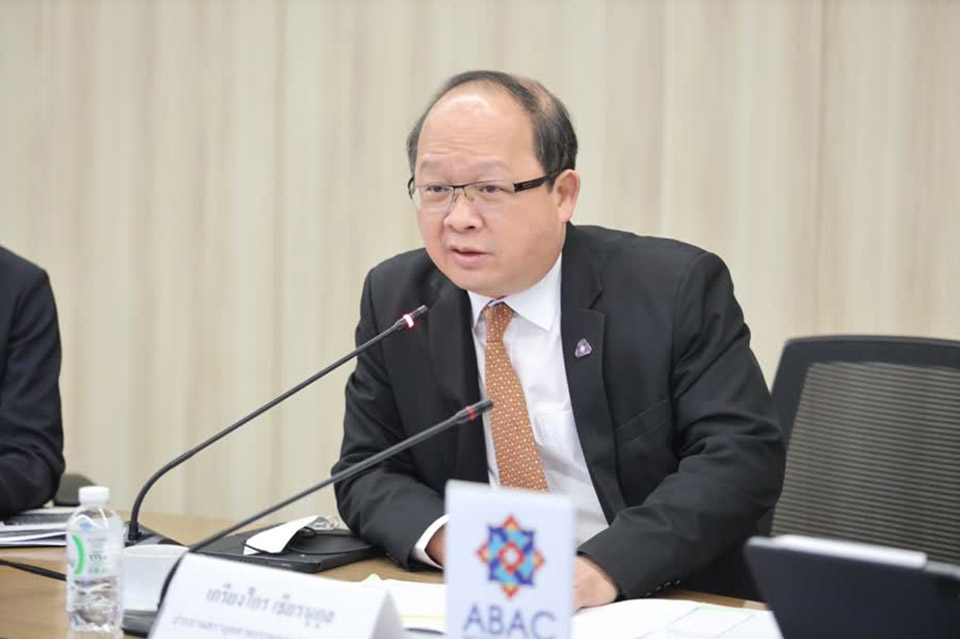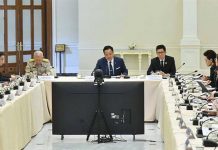
The Thai Industries Sentiment Index (TISI) improved in August. This revelation follows the improvement seen in August’s consumer confidence index. Nonetheless, the Federation of Thai Industries (FTI) warns that the global economic slowdown needs to be watched carefully.
The TISI stood at 90.5 in August, having increased for the third month in a row thanks mainly to domestic factors. These include economic activity returning to near normal levels and an improvement in domestic consumption. These developments are reflected in an expansion of demand for goods from the industrial sector. Meanwhile, the tourism sector is emitting signs of improvement after the termination of the Thailand Pass system and the extension of the We Travel Together scheme.
Federation of Thai Industries Chairman Kriengkrai Thiennukul said negative factors arising from the global economic slowdown need to be followed up on. This is especially true about the matter of inflation in Thailand’s crucial trade partners such as the United States and Europe. Uncertainties still surround the Russia-Ukraine conflict while the semiconductor shortage is still having an impact on goods production. Mr. Kriengkrai said the shortage’s impacts on electrical appliances, electronics, and certain models of automobiles are negative factors for Thailand’s export sector.
The FTI chairman said although the TISI has risen, businesses view that the Thai economy will expand slowly. Meanwhile, businesses are concerned about the minimum wage hike on October 1 and the increase in the electricity charge during the September-December billing cycle. These developments are expected to raise costs for businesses and the private sector is therefore calling on the government to issue amelioration measures. Mr. Kriengkrai said these measures might take the forms of a power bill discount for SMEs, subsidized hiring of labor, and facilitation of migrant labor importation. (NNT)
 |
 |
 |





